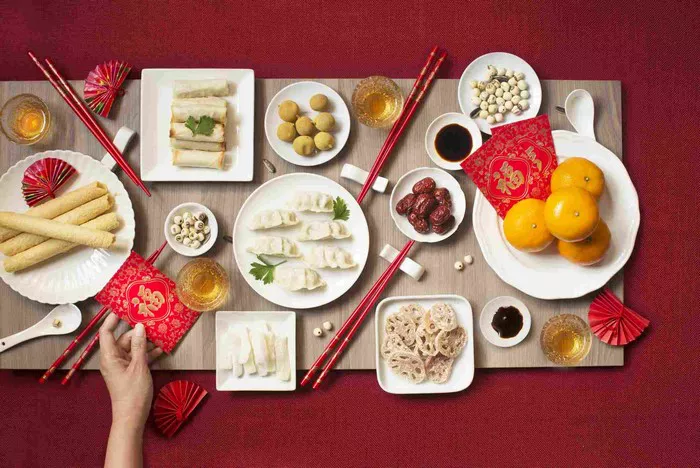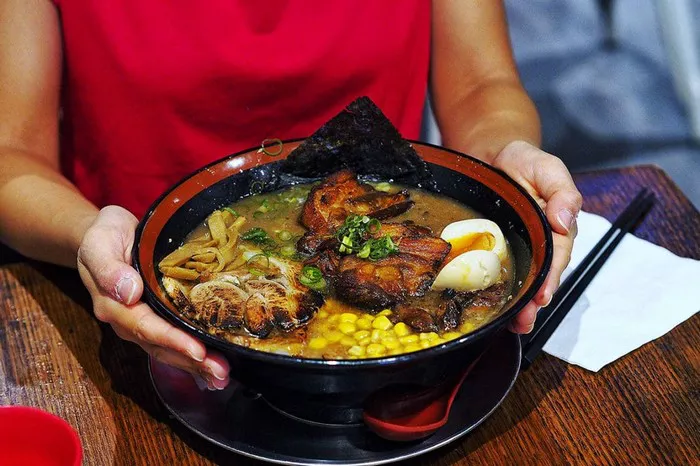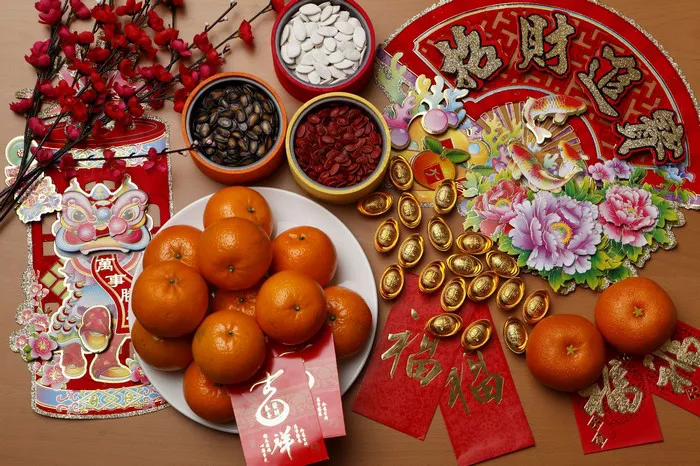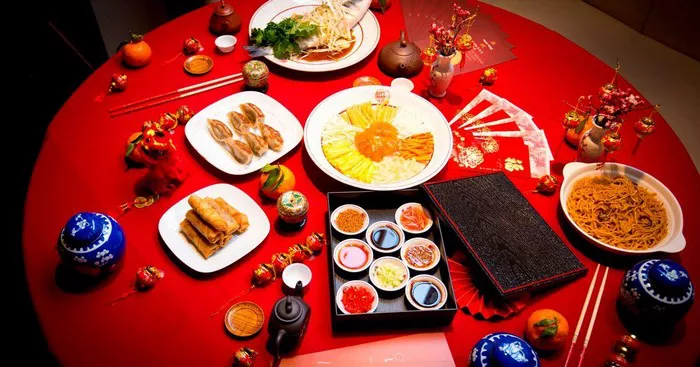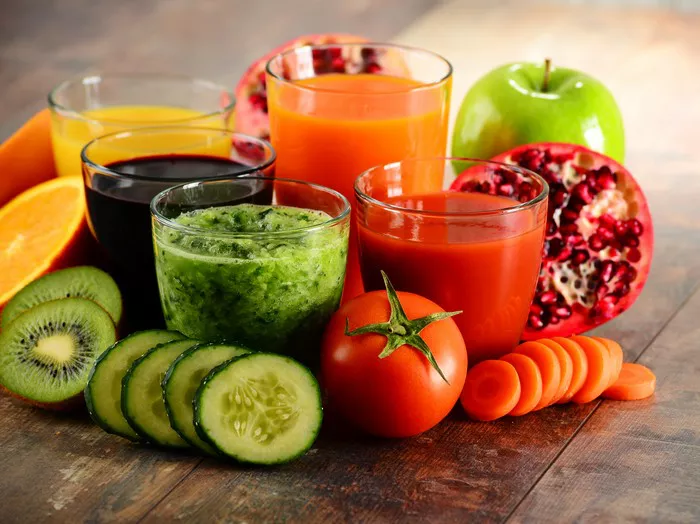Chinese cuisine, renowned for its diverse flavors and aromatic dishes, has captured the hearts and taste buds of food enthusiasts around the world. An essential component of many Chinese dishes is the sauce, which adds depth, complexity, and a delightful burst of flavor. While some Chinese sauces are packed with nutrition and health benefits, others may contain high levels of sodium, sugar, or unhealthy fats. Making informed choices about the sauces you use can significantly impact the nutritional value of your Chinese meals. In this article, we explore various Chinese sauces and highlight the healthiest options that can elevate your dining experience without compromising your well-being.
Understanding the Role of Chinese Sauces
Chinese sauces play a vital role in enhancing the taste and texture of dishes, transforming simple ingredients into delectable culinary masterpieces. These sauces are typically made with a harmonious blend of various ingredients, such as soy sauce, vinegar, ginger, garlic, and various spices. The art of Chinese cooking lies in achieving the perfect balance of flavors and achieving a harmonious marriage of sweet, sour, salty, and umami elements.
The Health Factor: Key Considerations
When evaluating the healthiness of Chinese sauces, several factors come into play:
Sodium Content: Many traditional Chinese sauces, such as soy sauce and hoisin sauce, are high in sodium. Excessive sodium intake is linked to health issues like high blood pressure and increased risk of heart disease.
Sugar Content: Some Chinese sauces, particularly those with a sweet and sticky profile, may contain high levels of added sugar. Excessive sugar consumption is associated with obesity and other metabolic disorders.
Fat Content: While some fats are beneficial, certain Chinese sauces may contain unhealthy fats, such as trans fats and saturated fats.
Nutrient Content: Healthier Chinese sauces may contain ingredients with nutritional benefits, such as ginger, garlic, and chili peppers, which offer antioxidants and anti-inflammatory properties.
Portion Control: Even healthier sauces should be consumed in moderation to maintain a balanced diet.
The Healthiest Chinese Sauces
While some Chinese sauces may present health concerns, others offer a spectrum of flavors and nutrients without compromising on taste. Here are some of the healthiest Chinese sauces to consider:
1. Soy Sauce (Light or Low-Sodium):
Soy sauce is a staple in Chinese cuisine, adding savory umami flavor to a wide range of dishes. Opting for light or low-sodium soy sauce can significantly reduce the sodium content. Additionally, look for naturally brewed soy sauce, as it tends to have a more authentic and robust flavor.
2. Oyster Sauce (Low-Sodium):
Oyster sauce, made from oyster extracts, offers a rich and savory taste to stir-fries and other dishes. Look for low-sodium versions of oyster sauce to limit excessive salt intake.
3. Hoisin Sauce (Lower Sugar):
Hoisin sauce, a sweet and savory condiment, is used in a variety of Chinese dishes. Look for versions with lower sugar content or consider using it sparingly to manage sugar intake.
4. Chili Garlic Sauce:
Chili garlic sauce, made from crushed chili peppers and garlic, adds a delightful kick to dishes. It contains capsaicin, a compound that may aid in metabolism and provide other health benefits.
5. Ginger Scallion Sauce:
Ginger scallion sauce, a blend of ginger, scallions, oil, and salt, is not only delicious but also boasts the nutritional benefits of ginger and scallions. Ginger is known for its anti-inflammatory properties, while scallions offer essential vitamins and minerals.
6. Black Bean Sauce (Low-Sodium):
Black bean sauce, made from fermented black beans, garlic, and other seasonings, imparts a distinct flavor to dishes. Opt for low-sodium versions or use it in moderation.
7. Garlic Sauce (Homemade):
Garlic sauce, when made at home, can be a healthier option as you can control the ingredients and limit unhealthy additives.
8. Plum Sauce (Moderate Consumption):
Plum sauce, a sweet and tangy condiment, is often used in Chinese cooking. Enjoy it in moderation due to its sugar content.
9. Szechuan Sauce:
Szechuan sauce, known for its spicy and bold flavor, contains various aromatic spices that offer both taste and potential health benefits.
10. Vinegar (Rice or Black Vinegar):
Vinegar, particularly rice vinegar or black vinegar, adds tang and brightness to dishes without significant calorie or sodium content. It may also aid in digestion and help regulate blood sugar levels.
Homemade Chinese Sauces
One of the best ways to ensure the healthiness of Chinese sauces is by preparing them at home. Homemade sauces allow you to control the ingredients, including the amount of sodium, sugar, and fat used. By choosing fresh, high-quality ingredients and minimizing the use of additives, you can create flavorful and nutritious Chinese sauces tailored to your preferences and dietary needs.
Healthy Cooking Tips for Chinese Sauces
Here are some healthy cooking tips to make the most of your Chinese sauces:
Use Smaller Amounts: A little goes a long way with Chinese sauces. Use them sparingly to enhance the flavor without overwhelming the dish.
Opt for Stir-Frying: Stir-frying is a cooking method that requires less oil compared to deep-frying. Use minimal oil when stir-frying and choose heart-healthy options like olive oil or sesame oil.
Add Fresh Ingredients: Incorporate fresh vegetables, lean proteins, and whole grains into your dishes to boost the nutritional value of the meal.
Experiment with Herbs and Spices: Enhance the flavor of your dishes with a variety of herbs and spices, such as ginger, garlic, cilantro, and chili peppers.
Choose Lean Proteins: Pair your sauces with lean proteins like chicken, turkey, tofu, or seafood for a balanced and nutritious meal.
Conclusion
Chinese sauces play a pivotal role in elevating the flavors of Chinese cuisine. While some sauces may contain high levels of sodium, sugar, or unhealthy fats, healthier alternatives and homemade versions offer a delicious compromise without compromising your well-being. By making informed choices and practicing portion control, you can enjoy the richness and complexity of Chinese flavors while prioritizing your health. Whether you opt for light soy sauce, ginger scallion sauce, or chili garlic sauce, the healthiest Chinese sauces offer a symphony of flavors that make every meal a delightful and nutritious experience.

